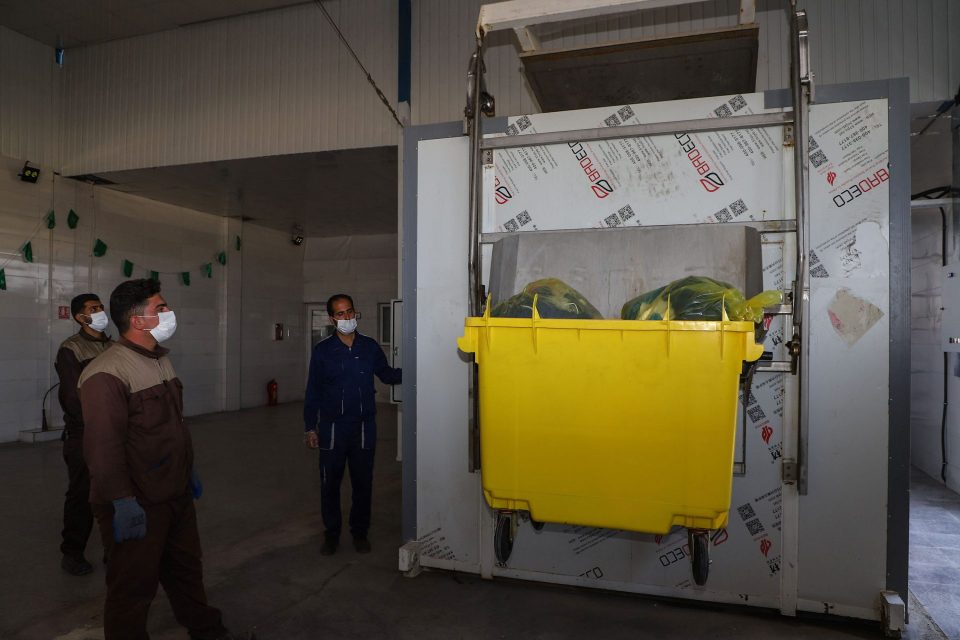Qom is the only metropolis that completely separates its medical waste and decontaminates it during a process.
In today’s world, with the rise of urbanization and lifestyle changes, and industrialization, the production of various wastes is increasing.
In the meantime, activities and measures must be taken to manage this waste, or in other words, waste from the beginning to its final disposal, which will include the collection, transportation, treatment and disposal of waste with supervision, this process is called “waste management”.
In addition to urban waste, there are wastes that, if not properly managed and disposed of, can be challenging for the health of citizens.
These wastes are medical wastes that are generated by hospitals, medical centers and doctors’ offices and must be separated, disposed of and decontaminated during a process.
Hospitals are one of the sources of waste generation in cities, where most of the waste produced is hazardous waste, in which not paying attention to hospital waste control not only endangers the health of patients and hospital staff but also indirectly has severe negative effects on the health of people outside the hospital and causes environmental pollution.
